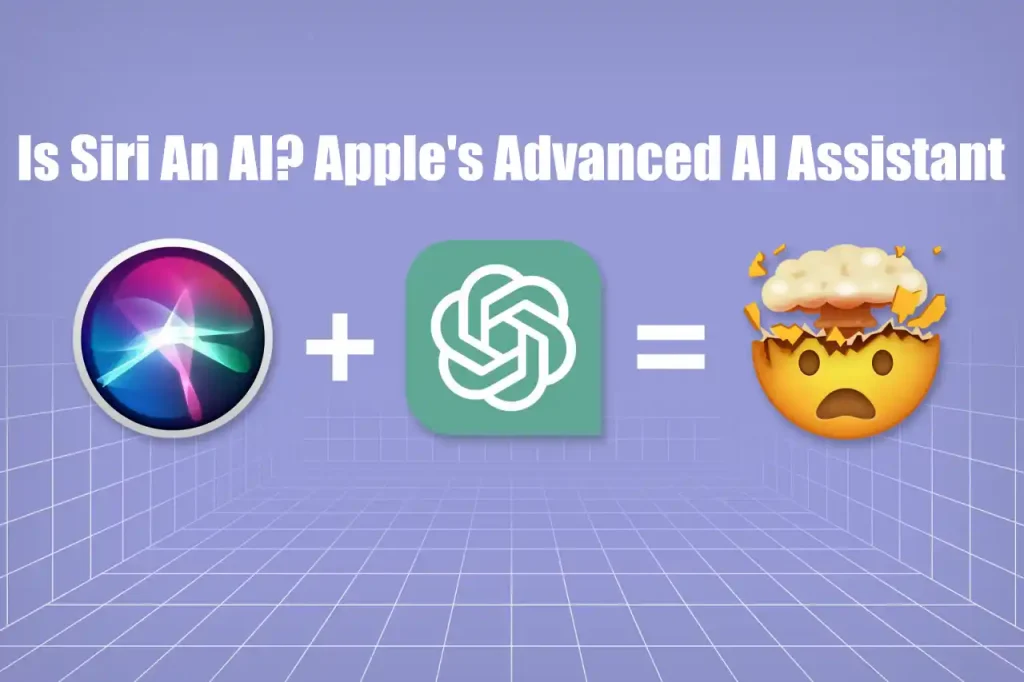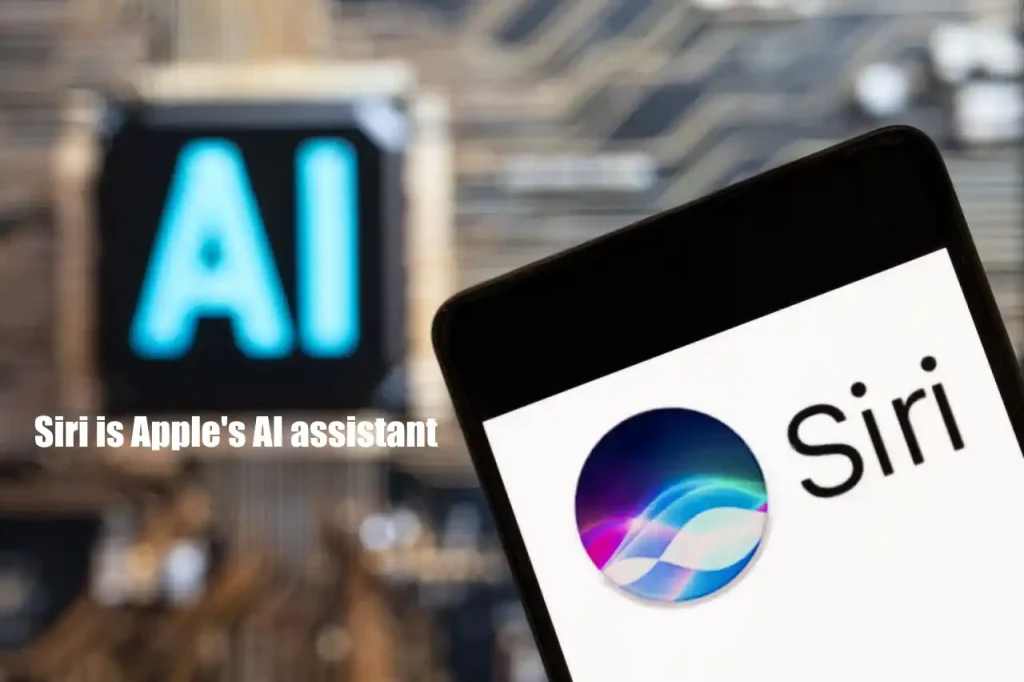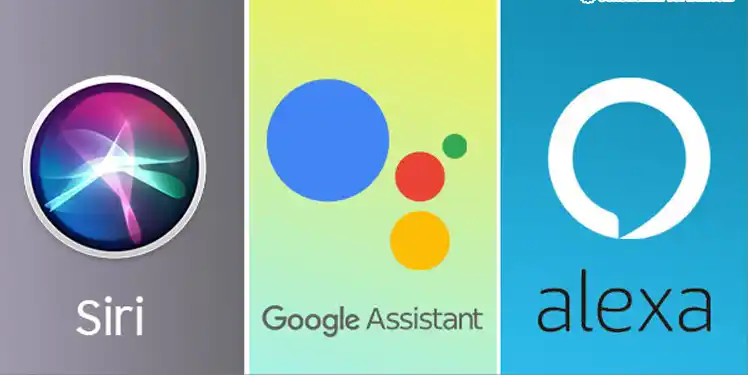
Wondering if Siri really counts as AI? Apple’s assistant, Siri, uses advanced technology to understand and respond. This article will show you how Siri functions and why it’s considered a form of artificial intelligence.
Keep reading to discover more about this fascinating tool on your iPhone.
Key Takeaways
- Siri is Apple’s AI assistant that uses machine learning and deep neural networks to understand and respond to voice commands. It learns from your habits, making it more personalized over time.
- Apple is working on making Siri better by improving speech recognition and understanding natural language. This will help Siri do tasks within apps more easily and work better with other services.
- Siri, ChatGPT, and Alexa are different AI assistants with their own strengths. For example, Siri works well with iOS devices, ChatGPT is good at text-based conversations, and Alexa can control smart homes.
- In the future, Apple plans to make Siri even smarter by helping it predict what you need before you ask. They want it to be a proactive helper in your daily life.
Exploring Siri: The AI Powerhouse Behind Apple
Siri is the AI powerhouse behind Apple. It has advanced capabilities in artificial intelligence, making it a central part of Apple’s technology ecosystem.
Unpacking Siri’s AI Capabilities
Siri, Apple’s AI assistant, listens and responds to your commands using advanced machine learning technologies. Imagine asking for the weather or setting a reminder; Siri makes it happen with deep learning innovations.
This means Siri learns from your habits over time, gets better at predicting what you need before you even ask. It uses voice recognition to understand different accents and dialects worldwide, making it a personal helper that truly knows you.
Apple equipped Siri with context awareness abilities powered by AI models. So, when you ask for directions and then quickly ask to send them in a message without repeating the destination, Siri remembers your initial request. This on-device intelligence ensures your interactions are seamless and feels natural, just like talking to another human being.
You May Like: Hey Google, Take Me Home – Using Google Assistant To Get Directions

The Tech Core of Siri
Siri’s tech core includes advanced speech recognition and deep learning technology, paving the way for its innovative AI functionalities. For an in-depth look at Siri’s technological advancements, read on.
Mastering Speech Recognition
Siri understands what you say because Apple worked hard on speech recognition. They used lots of voice recordings to teach Siri how to recognize different words and accents. This means when you talk, Siri can quickly figure out what you’re saying, even if there’s noise around or you speak in a unique way.
Apple uses deep neural network technology for this. It helps Siri get better at understanding speech over time. You might have noticed that the more you use Siri, the better it understands your requests.
This improvement is because of Apple’s continuous work on their AI technology.
Using Siri feels like having a conversation with someone who really listens.
Unraveling Deep Learning Innovations
Apple uses deep neural networks, a type of machine learning, to analyze vast amounts of data from speech technology. This lets Siri recognize different accents and respond accurately to your queries. You might have noticed how Siri seems to get better at understanding you over time; this is because it constantly learns from interactions with users like you.
These advancements mean that whether you’re asking about the weather or wanting to play music, Siri does so more accurately than ever before. This seamless interaction has set a high bar for virtual assistants across iOS devices, including iPhones and Apple TV.
Now, let’s see how Siri stands up against other AI assistants in the industry.
Battle of the AI Assistants: Siri, ChatGPT, and Alexa
Siri, ChatGPT, and Alexa are in the spotlight. Explore how these AI assistants measure up against each other. Find out more on our blog!
Evaluating Siri Against ChatGPT and Amazon’s Alexa

Evaluating the capabilities of Siri, ChatGPT, and Amazon’s Alexa reveals how these AI assistants cater to different needs and preferences. Each has its unique strengths and features that set it apart in the competitive landscape of AI technology.
| Feature | Siri | ChatGPT | Alexa |
|---|---|---|---|
| Primary Function | Personal assistant integrated into Apple devices | Conversational AI focused on generating human-like text responses | Virtual assistant developed by Amazon for Echo and other smart devices |
| Strengths | Seamless integration with iOS, privacy-focused | Advanced natural language understanding, expansive knowledge base | Smart home control, broad third-party device support |
| Weaknesses | Limited third-party integration compared to competitors | Lacks integration with smartphone functions | Privacy concerns, dependent on internet connection |
| User Interface | Voice commands across iOS devices | Text-based, accessible through various platforms | Voice commands, supported by Amazon Echo and compatible devices |
| Personalization | Contextual awareness, personalized based on user interactions | Generates responses based on input, lacks personalization | Customizable skills, recognizes different user voices |
Delving into these AI assistants showcases the diverse approaches to enhancing user experience through technology. Moving forward, understanding their roadmap offers insights into the future of digital assistance.
Siri’s Roadmap: Future AI Enhancements
Siri’s roadmap includes future AI enhancements such as improving its understanding of natural language and expanding its ability to complete tasks within apps. It also aims to integrate more seamlessly with third-party services, making Siri even more useful in your daily life.
Delving into Apple’s Vision for Siri
Apple envisions Siri to be more proactive and personalized. They aim to integrate it seamlessly into users’ lives, making it intuitive enough to anticipate needs and act independently. In the latest iOS version in 2024, Apple has made Siri gets smarter in iOS 18 and handle more tasks.
The goal is for Siri not just to respond but also to initiate helpful actions based on the user’s habits and patterns. By this vision, Apple wishes for Siri not only as an assistant but as a proactive virtual companion that assists with various tasks proactively without explicit commands.
Conclusion
So, is Siri an AI? Definitely! Siri stands as Apple’s advanced AI assistant. It’s not just a voice; it’s powered by sophisticated artificial intelligence that keeps getting smarter with every update.
Siri isn’t just about fetching information for you; its evolving capabilities are a result of deep learning and speech recognition technologies. This makes it more intuitive and responsive to your needs, setting it apart from other voice assistants in the market.
In conclusion, Siri is indeed an impressive testament to the power of AI technology and its potential impact on how we interact with devices in the future.

